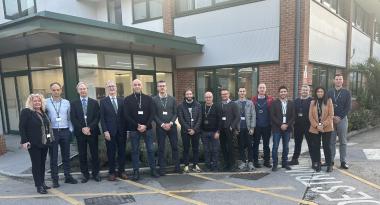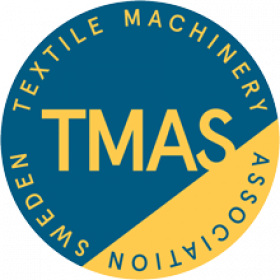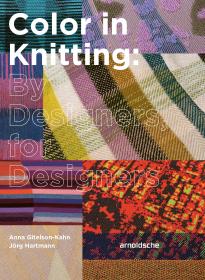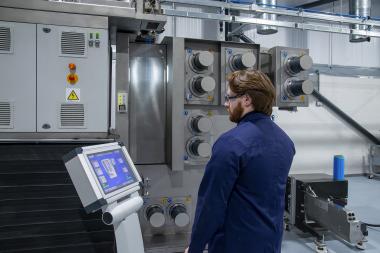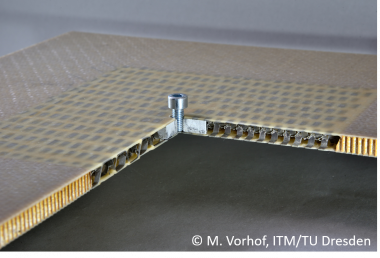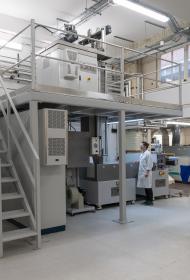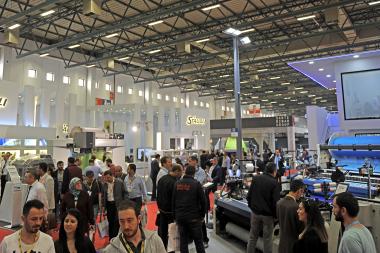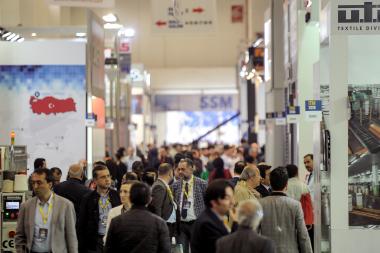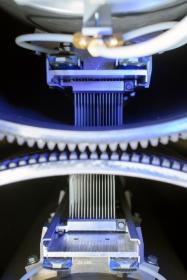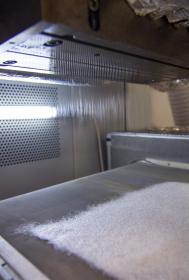Vickers Oils: Reliable running for Lonati’s knitting machines
BTMA member Vickers Oils has marked an important milestone in its partnership with knitting machinery leader Lonati by earning Original Equipment Manufacturer (OEM) approval for its VICKERLUBE SOCK 46 needle oil.
VICKERLUBE SOCK 46 is a mineral-based needle lubricant designed to meet the criteria for modern knitting machine technology. It provides a high standard of lubrication as well as holding very good stability properties and having a high resistance to oxidation. The product is readily scourable and holds a well-balanced additive system meaning that it is fully compatible with all machine components. It can also be used with machines producing any yarn type – including tricky elastanes – to produce the highest quality end product.
Lonati, headquartered in Brescia, Italy, has been a prominent name in knitting machines for over 70 years, designing and manufacturing an impressive average of 8,000 annually. It places a strong emphasis on delivering the highest quality textile machinery, underpinned by a commitment to research and development that ensures the use of cutting-edge products, technologies and processes in its machines.
Vickers Oils, based in Leeds, West Yorkshire, shares these values, leading the industry in quality and assurance through its continuous focus on research and development, technological leadership, quality control and customer service. As it has done for almost two centuries – the company will mark its 200th anniversary in 2028.
Lonati is now officially recommending VICKERLUBE SOCK 46 for use in its single-cylinder GOAL series of knitting machines, marking a successful collaboration that required dedicated efforts from the teams of Lonati, Vickers Oils and its Italian representative Lubrogamma. Vickers Oils is committed to sustainable product development and VICKERLUBE SOCK 46 meets the clearly defined criteria set out by the Global Organic Textile Standard (GOTS) and conforms to ZDHC MRSL Level 1 certification.
AWOL Media


